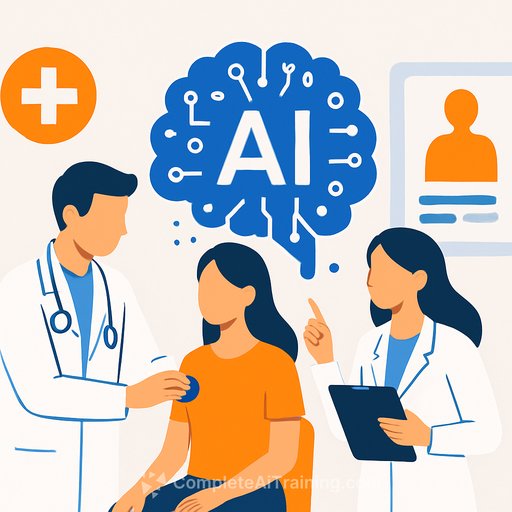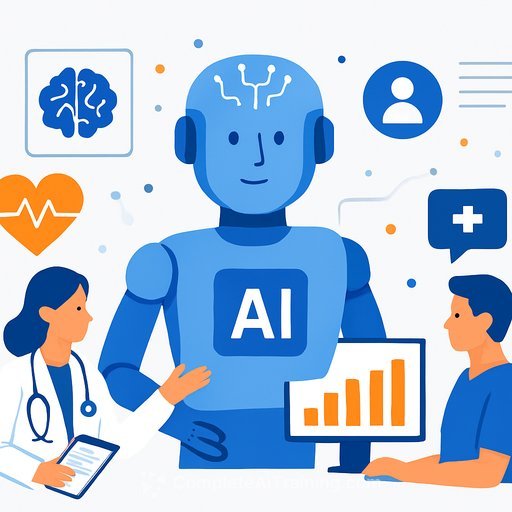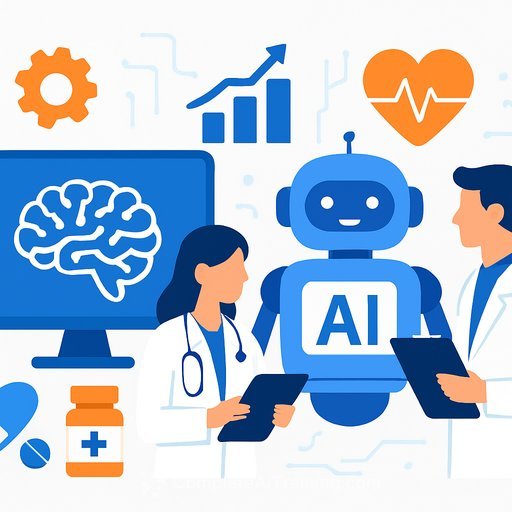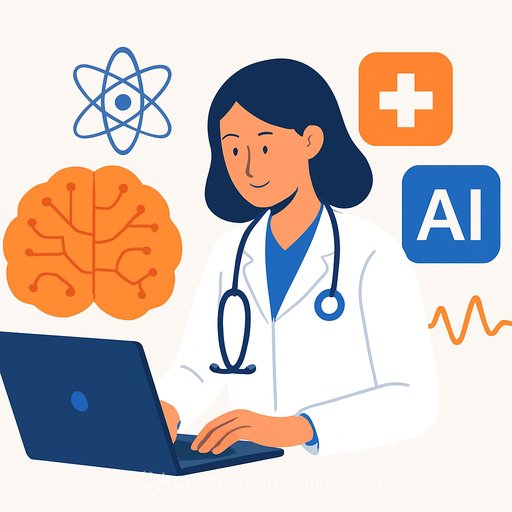AI Banned for Therapy Decisions but Allowed for Administrative Support in Illinois
Illinois Governor J.B. Pritzker has enacted a law banning the use of artificial intelligence in making therapeutic or psychotherapy decisions unless supervised by licensed clinicians. The Wellness and Oversight for Psychological Resources Act prohibits AI tools from directly aiding mental health treatment decisions. However, AI remains permitted for administrative tasks and supplementary support to licensed behavioral health professionals.
Protecting Patients and Providers
The law targets the risks posed by unregulated AI products in mental health care. Governor Pritzker emphasized the need to protect patients from AI solutions that generate responses by pulling information from various internet sources, which can potentially cause harm.
Mario Treto Jr., secretary of the Illinois Department of Financial and Professional Regulation (IDFPR), stated, “This legislation stands as our commitment to safeguarding the well-being of our residents by ensuring that mental health services are delivered by trained experts who prioritize patient care above all else.”
Impacts and Enforcement
The bill was crafted with input from the IDFPR, Illinois lawmakers, and the National Association of Social Workers, Illinois Chapter. Concerns arose after reports highlighted dangerous AI chatbot advice—for example, a chatbot recommending methamphetamine to a fictional former addict, as reported by the Washington Post.
Experts testified at a 2024 Illinois House hearing that AI algorithms depend heavily on their training data quality and warned against seeing AI as a cheaper alternative to expert care.
The IDFPR now has authority to investigate violations of this law. Confirmed breaches can result in fines up to $10,000. State Representative Bob Morgan (D-Deerfield) said, “Illinoisans will still have access to many helpful, therapeutic relaxation and calming apps, but we are going to put a stop to those trying to prey on our most vulnerable in need of true mental health services.”
The Broader Context in Healthcare AI
In 2024, the Congressional Budget Office reviewed the use of AI and machine learning in healthcare. Their findings noted mixed evidence on the benefits, especially regarding costs. The practical application of AI in healthcare remains inconsistent, and more empirical data is needed to assess its overall impact on healthcare spending.
This legislation reflects a cautious approach to integrating AI in mental health services, prioritizing patient safety and professional oversight.
For healthcare professionals interested in understanding AI's role and future in healthcare, exploring educational resources can be valuable. For example, Complete AI Training offers courses that cover AI applications across various healthcare functions.
Your membership also unlocks:






